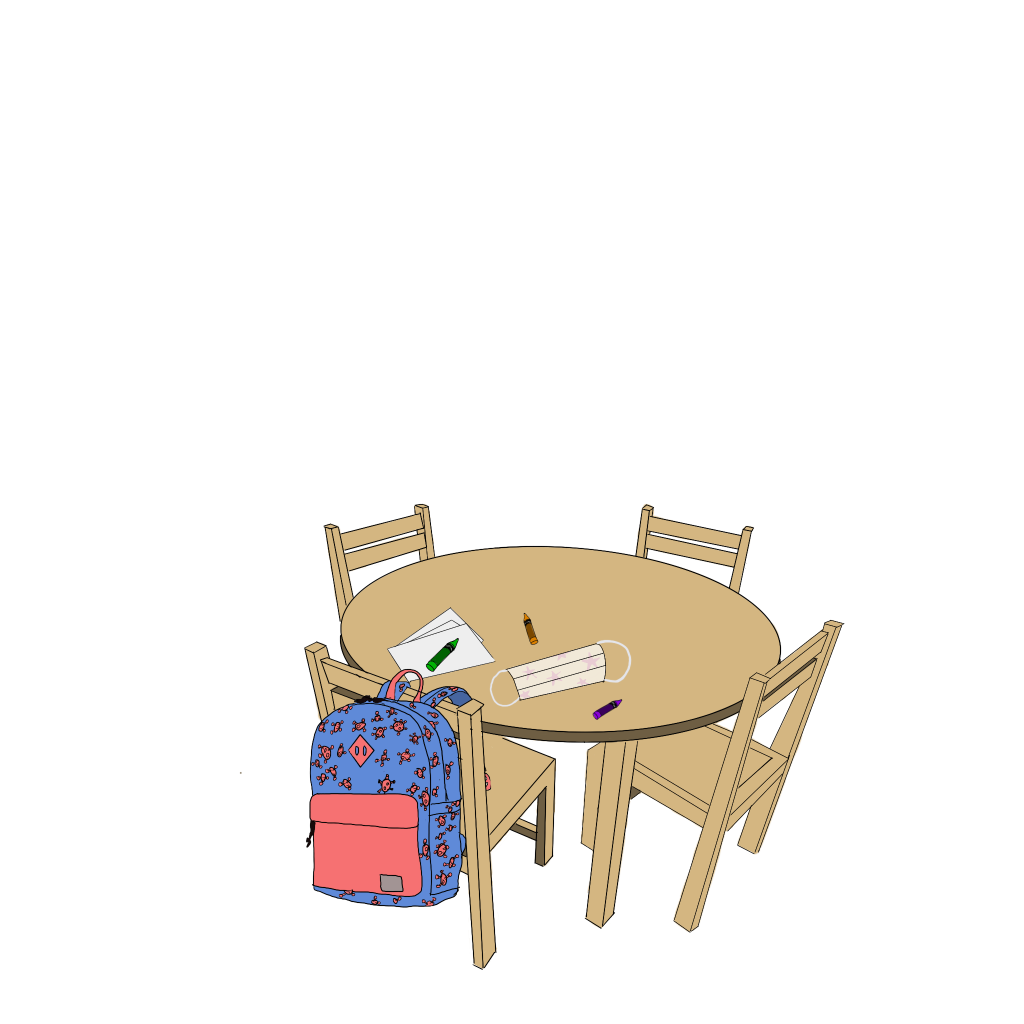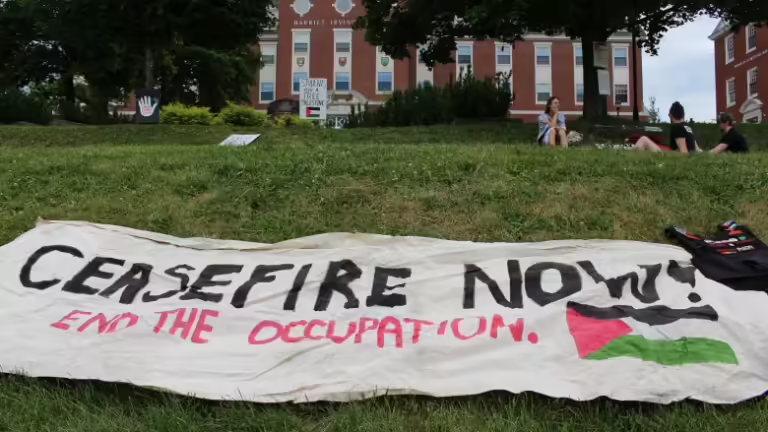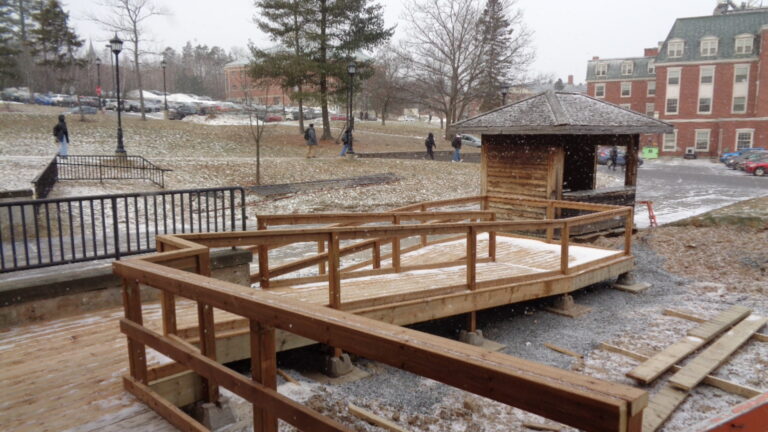On Friday, 20 November 2020, Norman Bossé, New Brunswick’s Child and Youth Advocate, delivered his seventh State report titled “Protecting Child Rights in Times of Pandemic”. In this report he detailed what the government should do to ensure the safeguarding of children’s rights during a pandemic.
The report makes six recommendations to the province including considerations for child poverty in the province’s economic recovery from COVID-19, the formation of an acting youth parliament, province-wide education reform, and the creation of a provincial youth suicide prevention strategy – which Bossé says is extremely urgent.
The United Nations Convention on the Rights of the Child (UNCRC) defines a child as being anyone under the age of 18, but, in New Brunswick, there are many different ages for different legal rights.
“A minor, for most purposes in New Brunswick, is anyone under the age of 19, so an 18-year-old is still a ‘child’ for purposes such as buying alcohol or cannabis, but an 18-year-old is an adult for criminal justice purposes under federal law,” Bossé explained.
“A 16-year-old is treated as an adult under the law for the purposes of making personal medical decisions; they can refuse child protection services and, under federal law, can consent to sexual activity.”
Several countries automatically adopted the UNCRC and made it a part of their laws, whereas Canada attempts to mirror the rights outlined in the UNCRC but do not fully incorporate it into the body of laws.
“Under Canadian Constitutional law,” Bossé explains, “children have the rights that adults have under the Charter of Rights and Freedoms, such as: the right to freedom of expression, association, assembly and religion; the right not to be arbitrarily detained, to be tried in court within a reasonable time if arrested, and not to be subjected to cruel or unusual treatment or punishment; and the right not to be discriminated against.”
In addition to their constitutional rights, children also have legal rights under provincial or federal laws; children below the age of 12 have a right not to be held criminally responsible, and those from 12-17 have a right to be detained or imprisoned only as a last resort when other means of addressing criminal behaviour are not effective; they have rights to access healthcare and education; and they have rights to be protected from abuse or neglect.
“Legal rights such as these are similar to the human rights found in the UNCRC, but, generally, the UNCRC obligates governments to do more than what Canadian laws actually provide for,” Bossé says.
The pandemic has affected quite a few of these rights. Bossé confirms that New Brunswick was not as successful as other provinces in providing alternative means of education during the school closures and, because of that, education rights were negatively impacted by the pandemic because schools were shut down, and high school students still do not have daily access to education.
Child protection intakes in New Brunswick dropped by several hundred intakes during the period that schools were closed, and Bossé believes that in-person schooling and access to healthcare gives professionals the opportunity to identify potential instances of child abuse and neglect.
Bossé feels that although the federal government has a role to play in safeguarding these rights during a pandemic, it is up to the provincial government to oversee jurisdiction.
“If New Brunswick followed the lead of governments around the world and actually put the United Nations Convention on the Rights of the Child into provincial law, then our province would be far better able to safeguard the rights of children at all times, including during a pandemic,” Bossé concluded.




